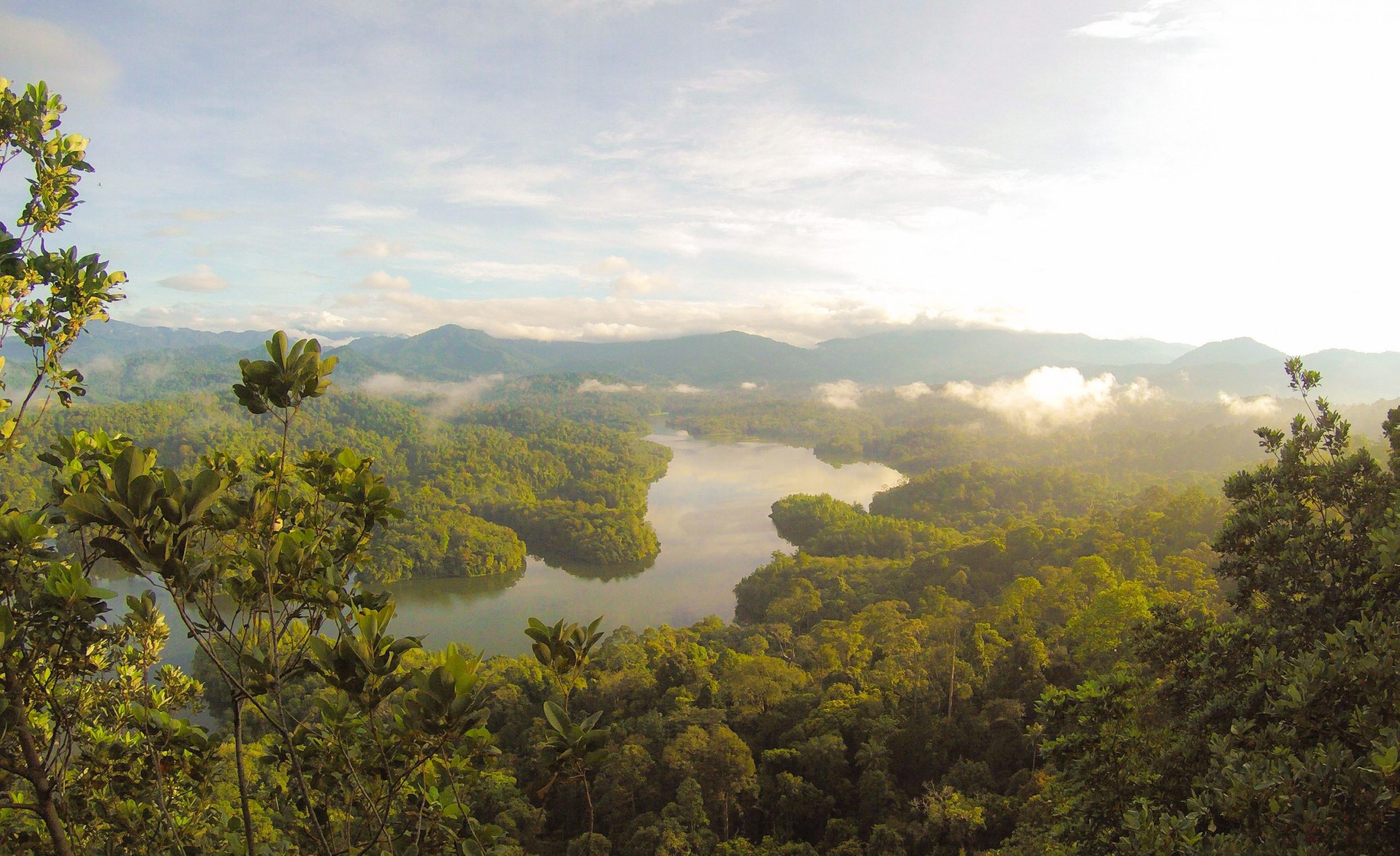News
Six ways conserving and sustainably using nature could prevent future pandemics

News | May 2020
The Covid-19 pandemic has thrown into sharp relief the need to rebalance the relationship between people and nature.
As those on the frontline continue to tackle the immediate crisis, it is crucial that we enhance our understanding of how and why pandemics happen, and what we can do to reduce these risks in the future.
75% of all emerging infectious diseases are transferred to people from wildlife – that is, they are zoonotic. This is thought to include Covid-19, as well as other diseases such as Ebola and bird flu.
Zoonotic diseases spill over into the human population when people come into contact with affected wildlife. These diseases originate in animals, but they are spread to people by practices that disrupt the balance of nature and raise the risk of disease transmission.
Further research into zoonotic disease and ecosystem-health linkages is urgently needed. However, it is already clear a healthy population relies on a healthy planet.
Here are six ways sustainable management of the world's ecosystems might help to reduce the risk of diseases like Covid-19 emerging in the future:
Protecting wildlife habitats:
The destruction and conversion of natural habitats can increase the transmission of zoonotic diseases through the displacement of species which then come into greater contact with people. Protecting remaining natural habitats such as primary forests could significantly reduce the chances of zoonotic disease transmission.
Restoring ecosystem integrity:
Research has shown that fragmented habitats may stimulate more rapid evolutionary processes and diversification of diseases. Restoring damaged ecosystems and re-connecting isolated habitat patches can help bring back stability to natural environments. Ecosystem integrity and functioning, on land, freshwaters, and in our oceans, underpins human health, wellbeing, and community resilience.
Safeguarding natural species diversity:
Where native species diversity is high, infection rates for zoonotic diseases may be lower; a greater diversity of species means it is more difficult for a single pathogen to dominate. Various area-based conservation measures (such as protected areas and indigenous and community conserved areas) can help protect species diversity and, by extension, the health of the overall ecosystem.
Ensuring a sustainable, safe, and legal wildlife trade:
Illegal and unsustainable wildlife trade brings people into contact with the hosts of potenially zoonotic pathogens. Wise stewardship of wildlife resources and adherence to appropriate regulation ensures that wildlife trade is sustainable, legal, and safe.
Greening supply chains:
More sustainable commodity trade can also reduce the displacement of wildlife resulting from damaging interventions such as deforestation, pollution and unsustainable land use practices. Putting natural capital approaches at the heart of economic and business decision making can promote cleaner and greener supply chains.
Agreeing ambitious international environmental policies:
Multilateral environmental agreements with measurable targets, strengthened accountability and associated means for implementation can help safeguard the ecosystems on which we all depend. The post-2020 Global Biodiversity Framework currently being developed will be key to reversing biodiversity loss and ensuring sustainable ecosystem management.
The Covid-19 outbreak continues to cause devastating and long-term human, social, and economic harm worldwide. Rebuilding after the pandemic will be a collective challenge. Global plans for building back better after Covid-19 will need to take on board the ways in which human and agricultural health relies on ecosystem health, through the so-called 'One Health' approach.
The next decade is a crucial window for changing course and rebalancing the relationship between people and nature. Protecting and promoting the world’s ecosystems and all their biodiversity will be key to building a better future.
Have a query?
Contact us
communications@unep-wcmc.org
